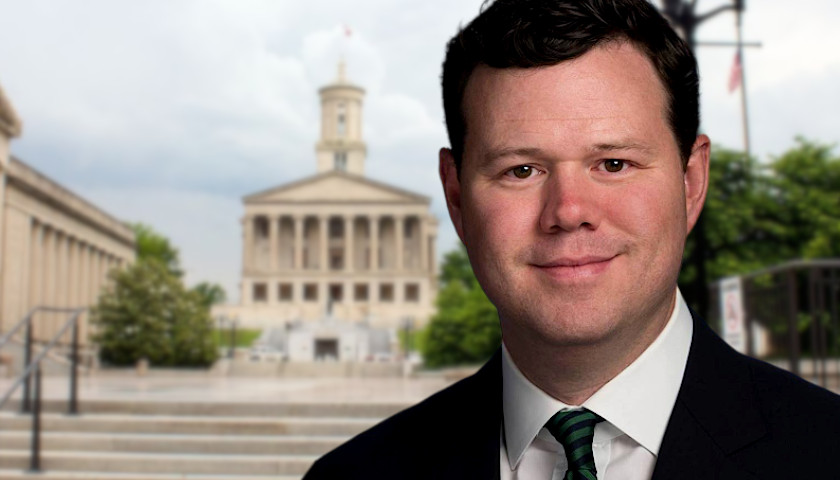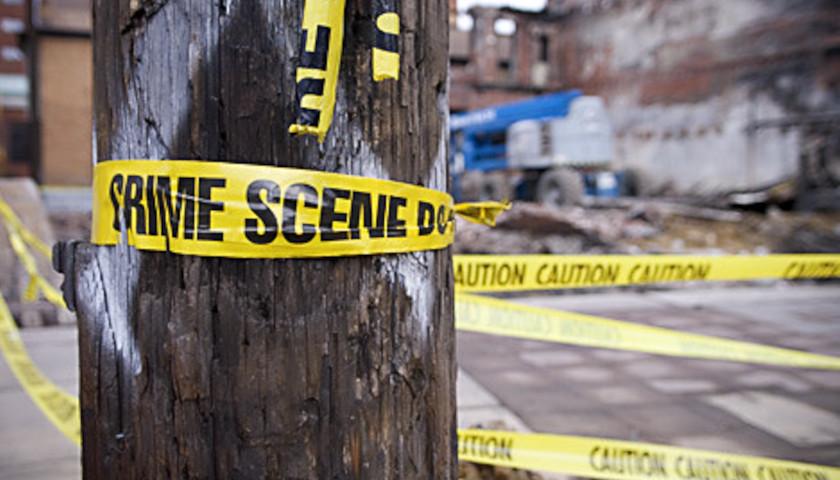The Tennessee House Judiciary Committee on Wednesday approved a bill setting limits on Nashville’s police oversight board.
The bill is HB0568, sponsored by State Rep. Michael G. Curcio (R-TN-69). The bill’s tracking information is here.
HB0568 will go next to the House Calendar & Rules Committee, a necessary step prior to consideration by the full House. The Senate version, SB1407, is scheduled for the Senate Judiciary Committee for March 5.
The bill’s caption says the measure would limit “the authority of a community oversight board to the review and consideration of matters reported to it and the issuance of advisory reports and recommendations to agencies involved in public safety and the administration of justice.”
During the House Judiciary Committee meeting, the bill appeared at the end of the agenda, the Nashville Scene reported.
Several Democrats objected to the closing of debate, citing parliamentary procedure, but the committee ultimately voted 13-6 to send the bill on.
…
Curcio’s bill would strip Nashville’s board of its subpoena power. It would also eliminate the demographic descriptors written into Nashville’s COB membership requirements.
Basically, the bill would require board members to be registered voters and that membership cannot be limited to certain demographics, economic status or employment history, MTSU Sidelines reported.
Last week, Nashville Mayor David Briley attended the Tennessee House Criminal Justice Subcommittee hearing on the bill, MTSU Sidelines said.
Briley said the bill “stands in stark contrast” to the state constitution, which establishes the people’s right to “alter, reform, or abolish the government in such manner as they may think proper.” Briley said that his constituents voted overwhelmingly to create a board to oversee police conduct as outlined in the November ballot measure.
Republicans in the Tennessee General Assembly began looking at regulating Nashville’s new police oversight board in December, The Tennessee Star reported.
James Smallwood, president of the Nashville Fraternal Order of Police, has raised concerns ranging from the cost to the lack of qualifications for board members.
“With the exception of being a Davidson County resident, there are virtually no standards that potential board members will be required to meet before appointment,” Smallwood told The Star. “There are no requirements on what training and knowledge board members should have and the charter language budgets an unprecedented $1.5 million annually.”
– – –
Jason M. Reynolds has more than 20 years’ experience as a journalist at outlets of all sizes.
Photo “Mike Curcio” by Mike Curcio. Background Photo “Tennessee Capitol” by Andre Porter. CC BY-SA 3.0.





